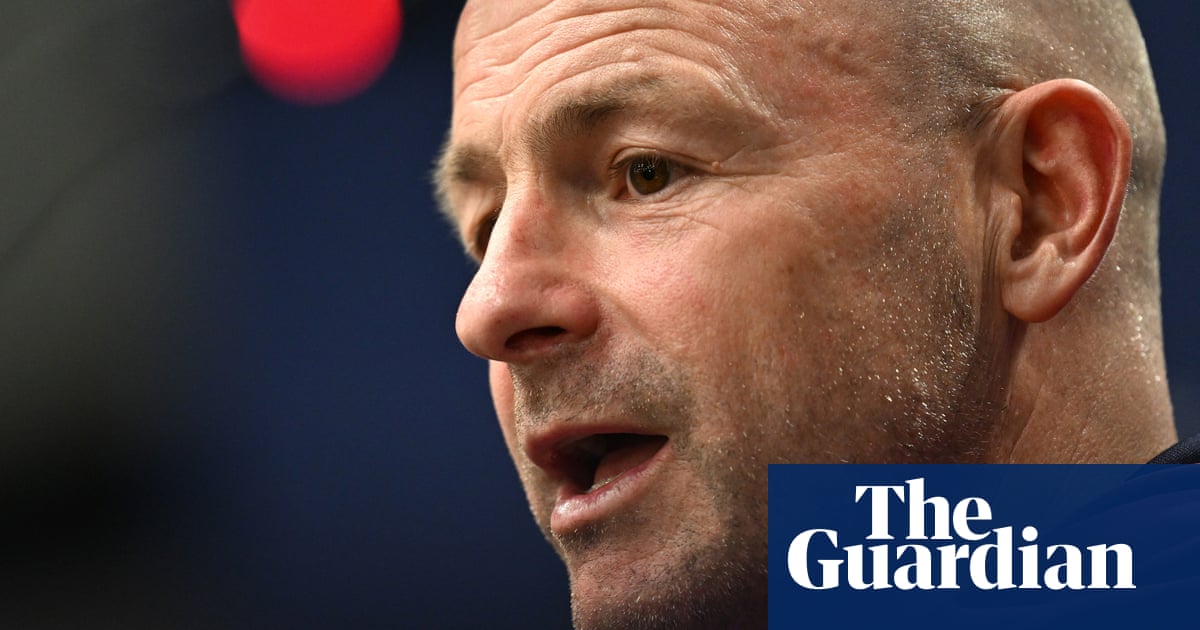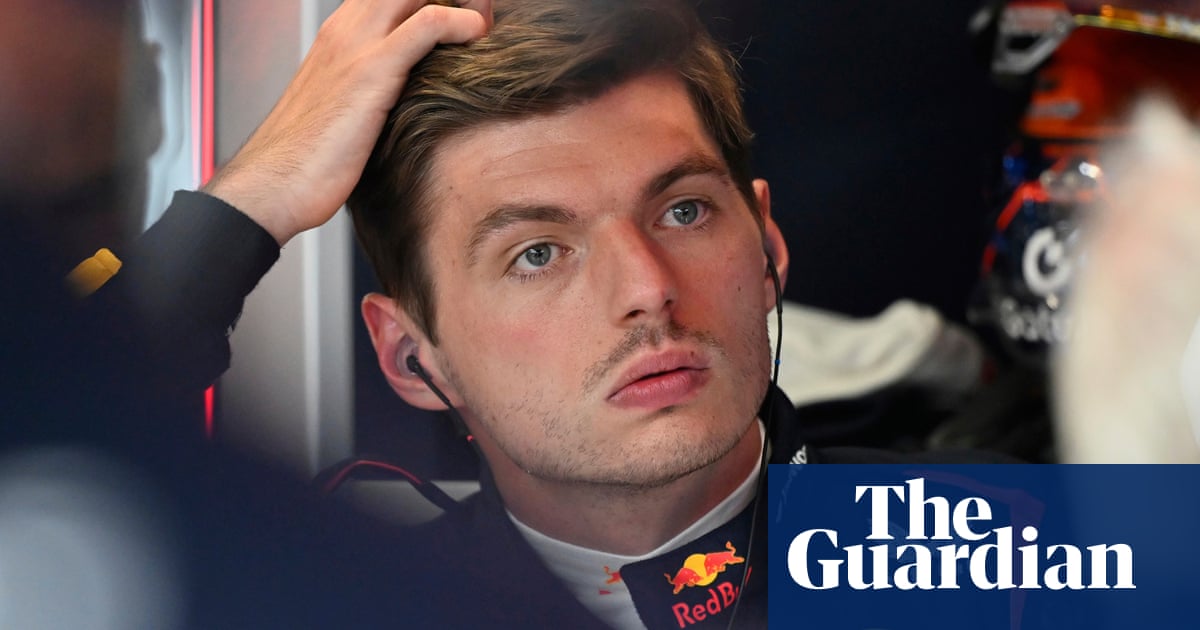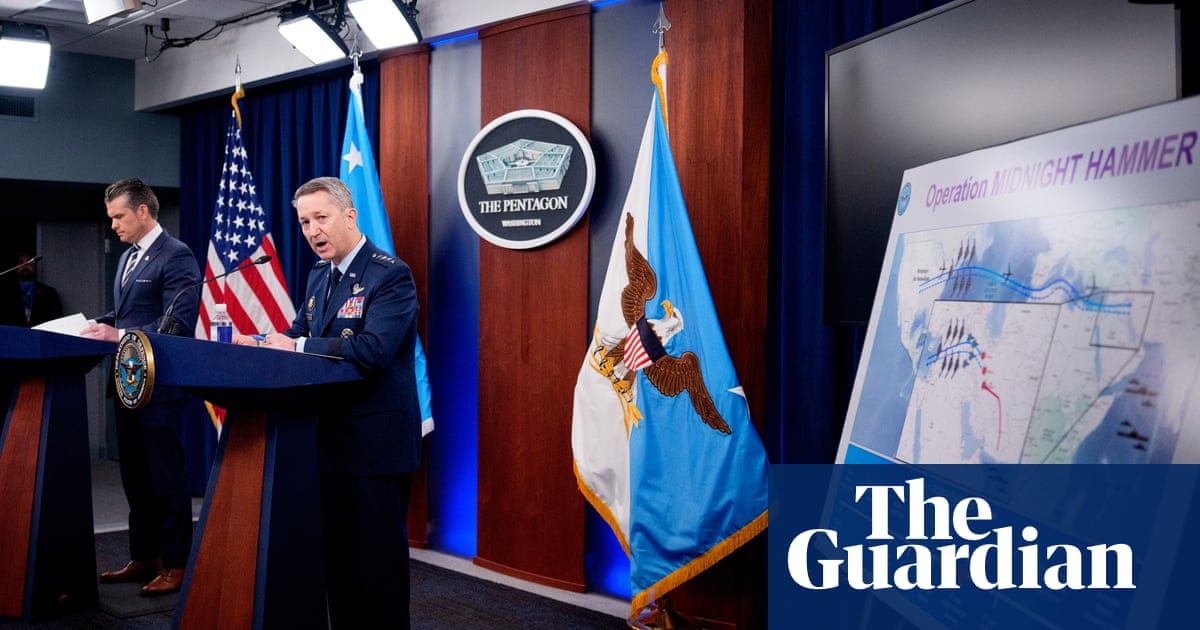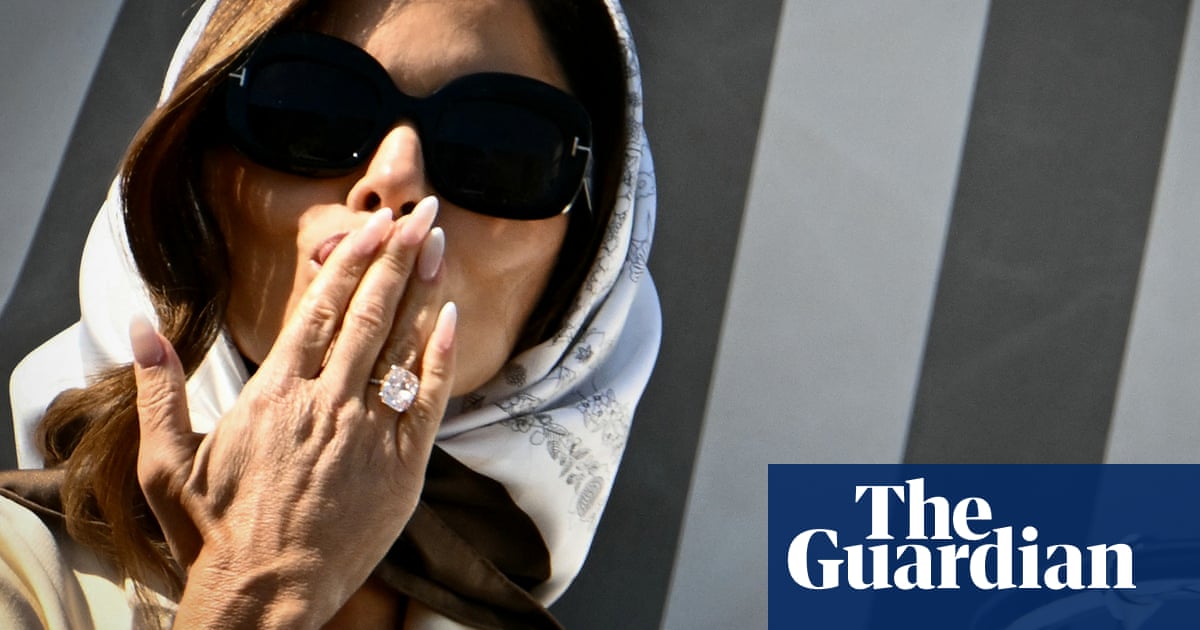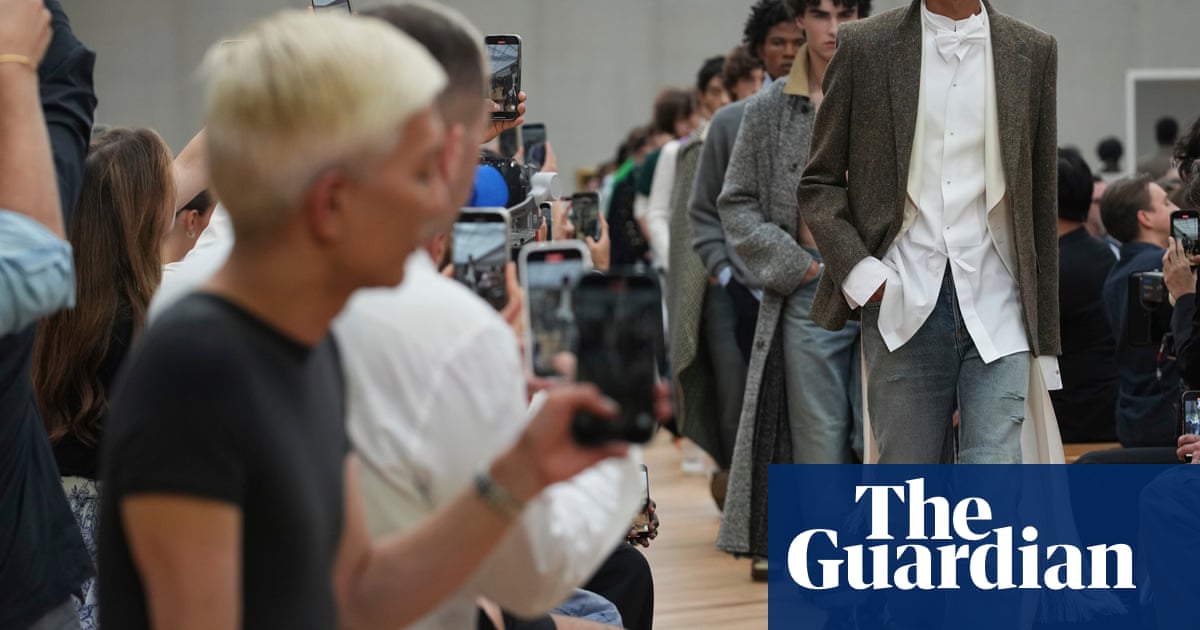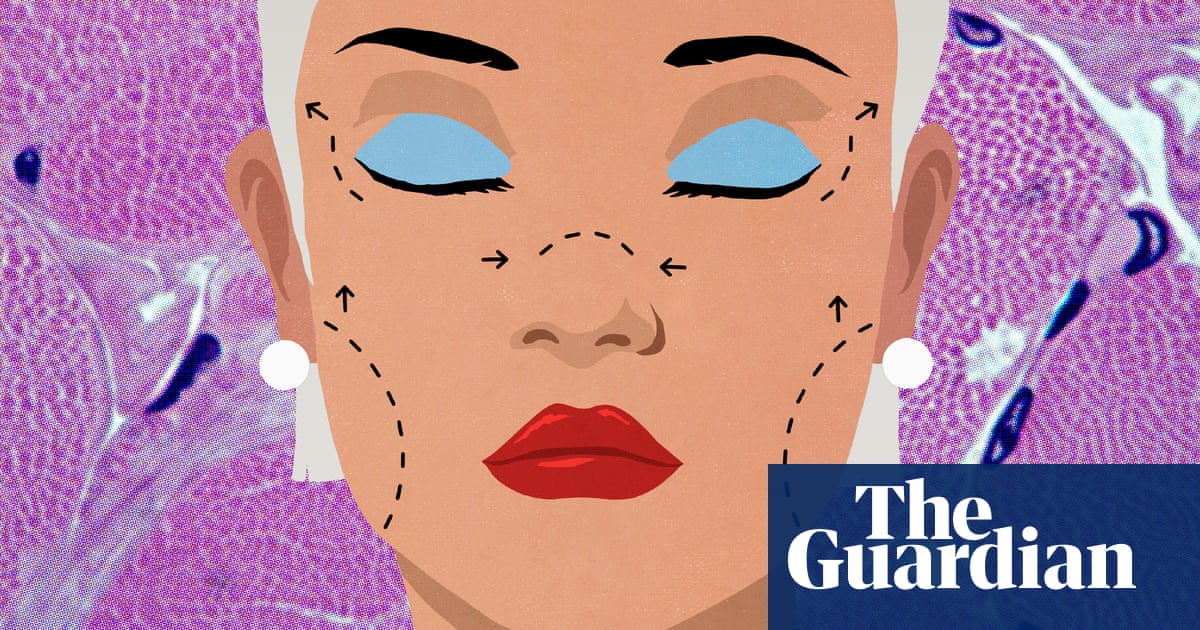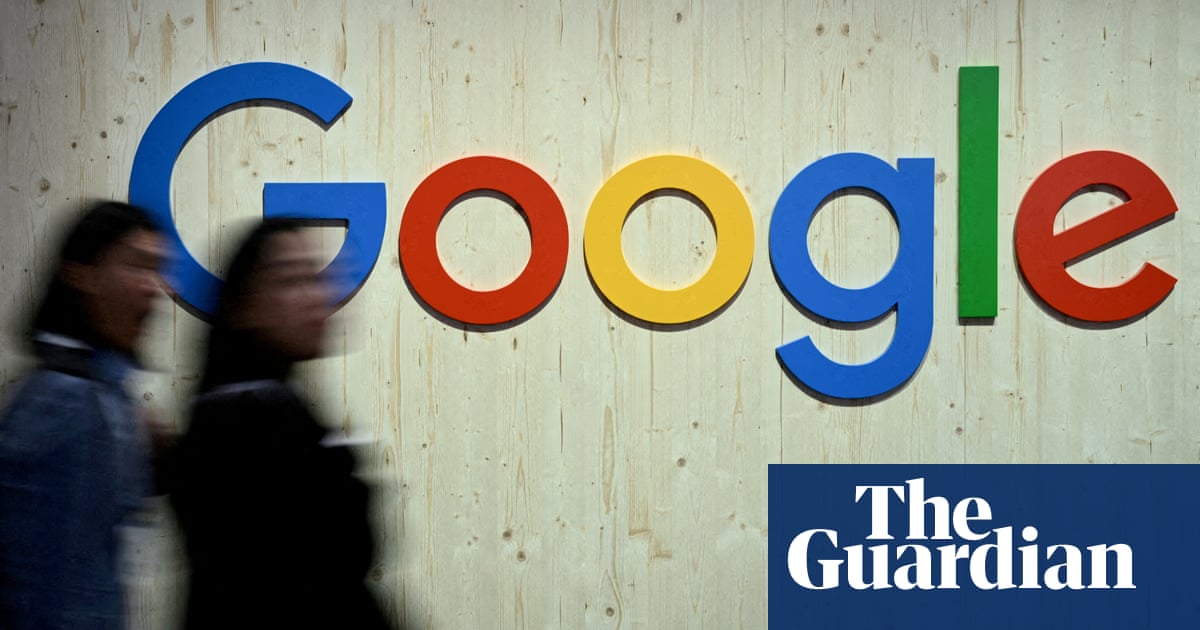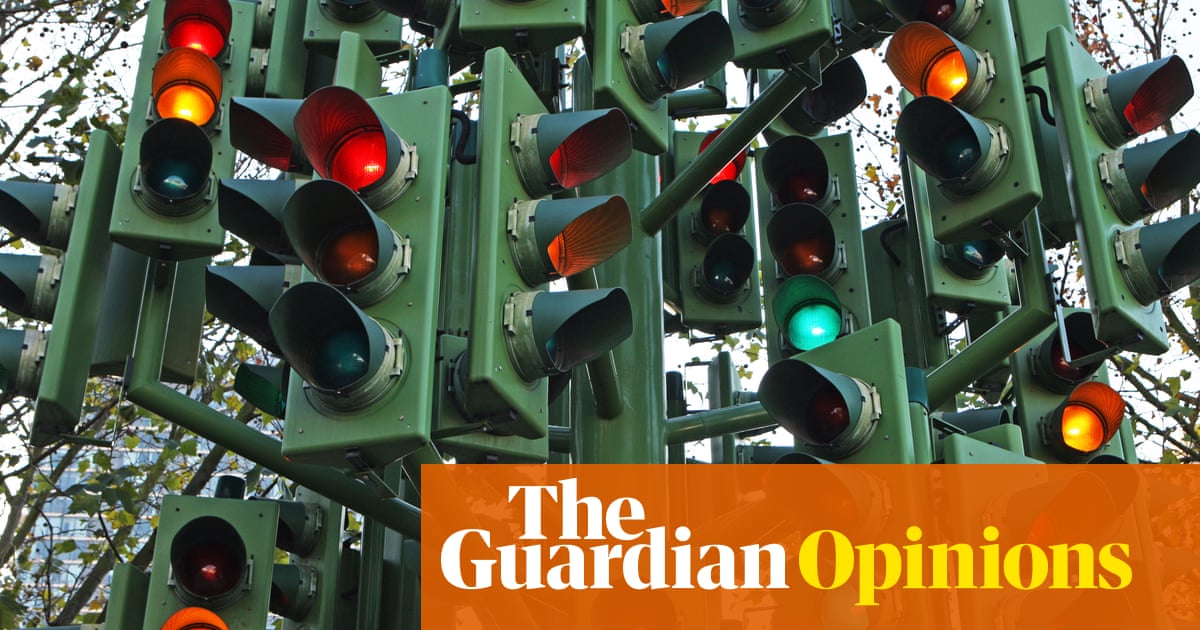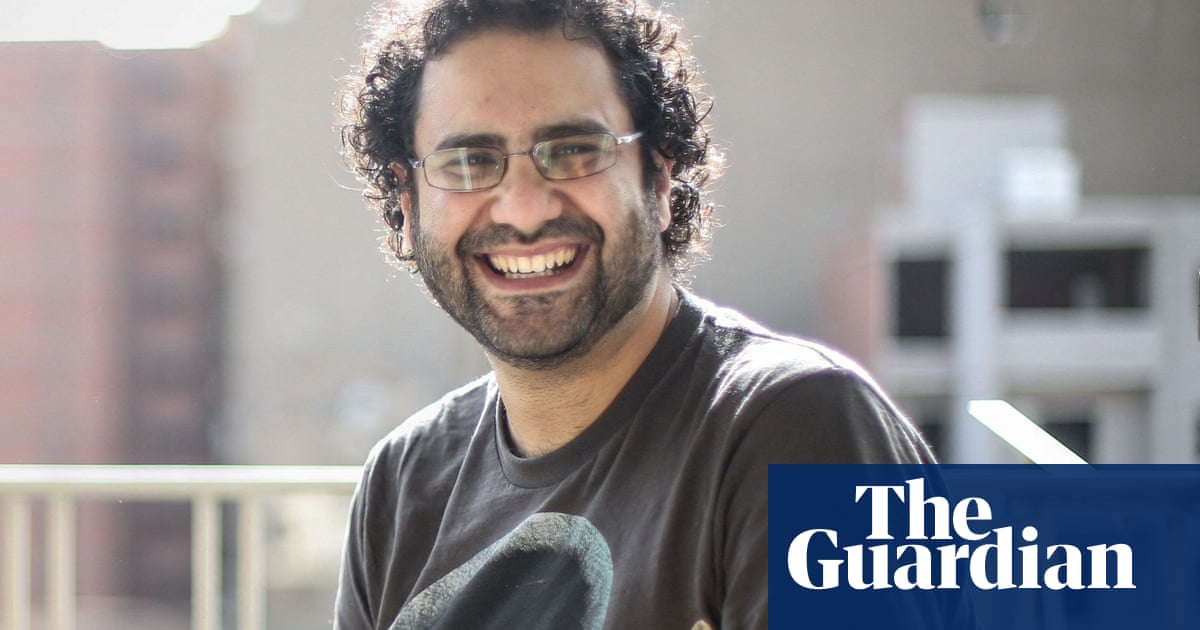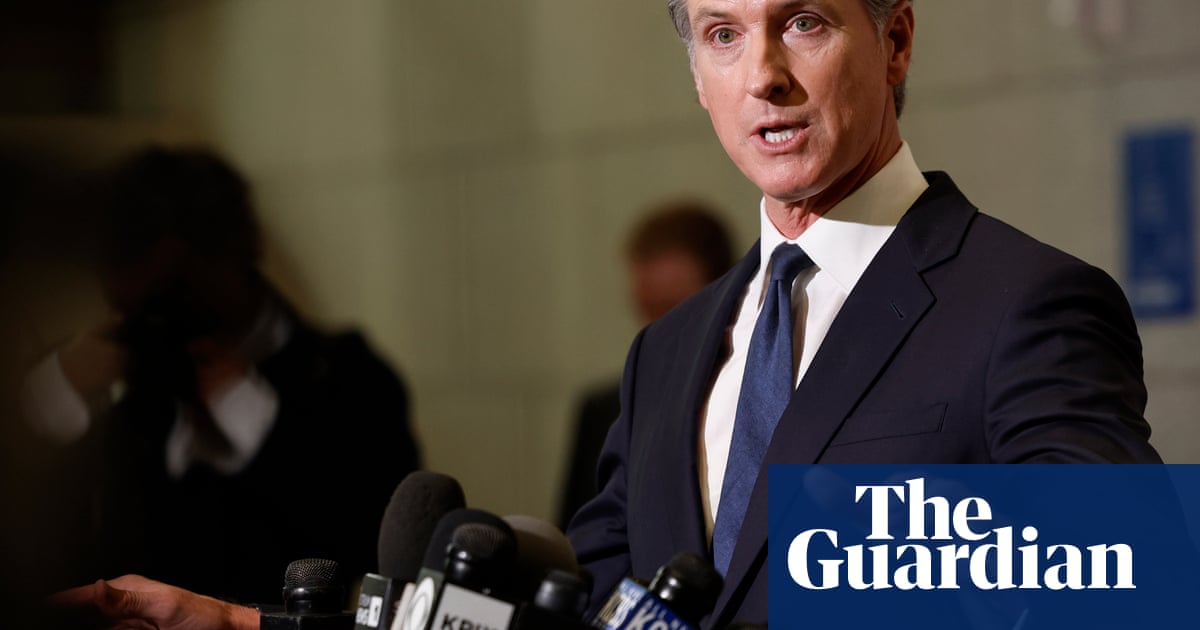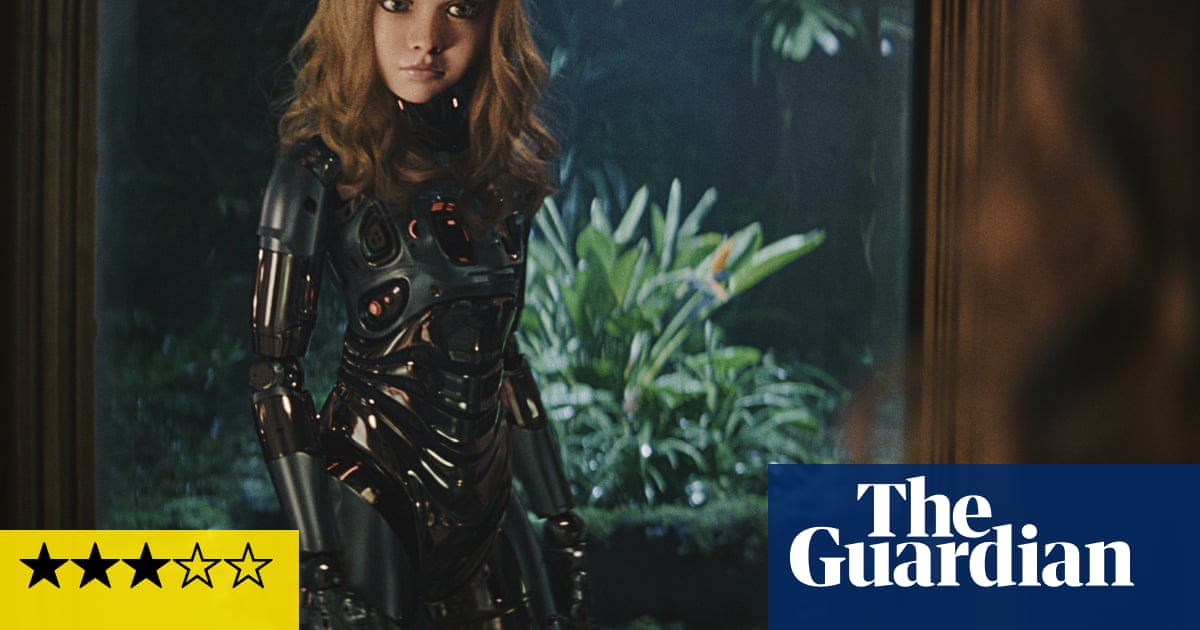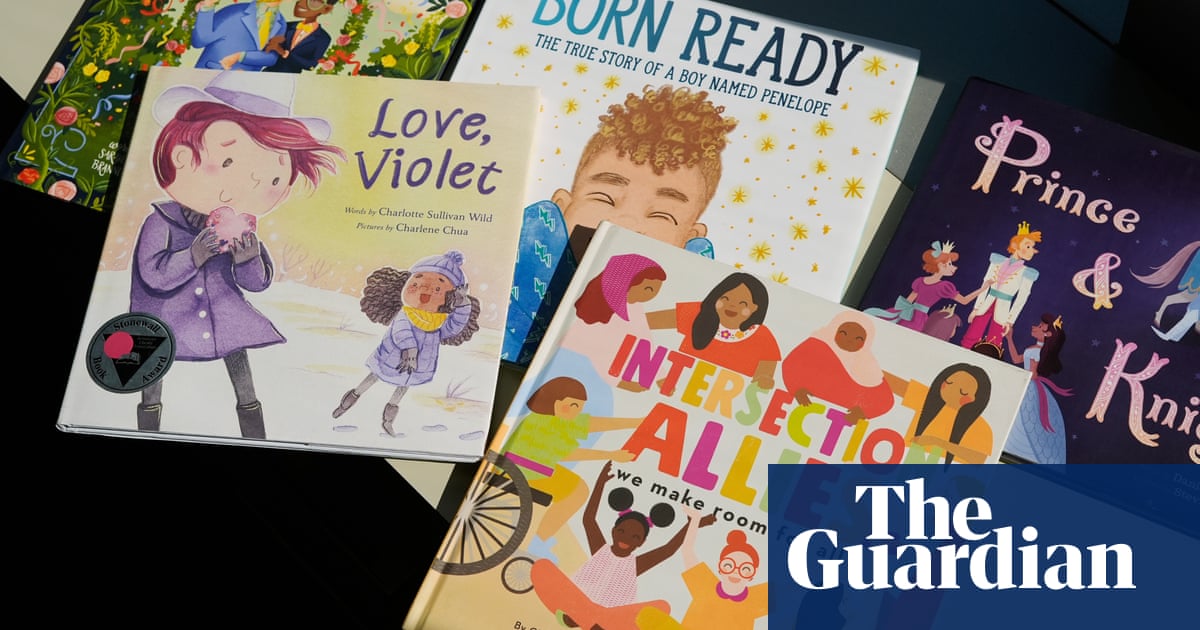Debate and anxiety about teen and preteen access to smartphones and social media is raging. One paper has likened smartphones to a “parasite” on our brains, while another study suggests moderate use of social media does not have a harmful effect on young people. In the US more than 100,000 parents have joined an online pledge to delay giving children smartphones until at least the eighth grade and in Australia a ban on under-16s using social media will come into effect in December. Despite all this, OECD figures released in May show 70% of 10-year-olds and 98% of 15-year-olds have internet-connected smartphones.
So is giving teenagers smartphones that big a deal?
To find out, we asked four twentysomethings who got a smartphone at some point in their teen or preteen years – and one who didn’t.
‘I would have not let myself ever get TikTok’
Sienna Seychell, 21, Melbourne
I was about 11 when I got my first smartphone. But when I was six I got an iPod Touch so I had already been communicating with people that way. My brother installed Kik, the infamous app for predators, on the iPod – a bit concerning to think about now! But I just used it to text my friends from school. I know a fair few of my friends went down a rabbit hole contacting people that they definitely shouldn’t have at that age.
I got social media in year 5 or 6. I convinced my mum to let me get Snapchat for the filters and I got Instagram shortly after. It definitely brought my friendships closer because I had a readily accessible means of communication outside school hours. I was cyberbullied in year 6, so that was a negative. But I feel like I put that aside to be able to talk with friends. I had a good experience of social media overall but it has contributed to friends’ severe eating disorders.
![“[Social media] definitely brought my friendships closer because I had a readily accessible means of communication outside school hours,” says Sienna Seychell.](https://i.guim.co.uk/img/media/5d5941d5342c6187c7a15edafd0c95b76512d66b/0_0_6000_4000/master/6000.jpg?width=445&dpr=1&s=none&crop=none)
I think I would have been more outdoorsy had I not had a phone. I would have connected with nature more and hung out in the real world, instead of online all the time. I think it would have made a great impact on my mental health. I suffer from pretty bad anxiety and OCD and sometimes I feel that a big trigger is using my phone and being able to focus on things online that are outside my control. I would have hated a social media ban – but I would have gotten over it!
If I could go back I would have not let myself ever get TikTok. I think my attention span is so poor because of it and I really struggle to sit down and study or just do what I love doing without getting distracted. I can barely watch a movie for an hour without checking my phone a few times. I’m always on my phone.
‘I felt like everybody was judging each other’
Ella Jackson, 21,, regional New South Wales
I was 12 when Mum took me to get an iPhone 5, so I had Instagram from a really young age. I grew up in a place called Penrose, which is in the NSW southern highlands. I liked emo music so I would spend a lot of time on my phone looking into that world. I found a sense of belonging on the internet, because there weren’t a lot of people around who liked the same things as me.
The bad side of it was Instagram models, obviously. Twelve-year-old girls shouldn’t be comparing themselves to 30-year-old women. I think I also became conscious of the fact that it seemed like a big deal to live a life that was “worth” posting on Instagram, especially in the later part of high school. It made me conscious of how people perceive others. I felt like everybody was judging each other all the time.
Studying I found so tricky, because the phone was always there and it was so easy to be distracted by it. I ended up having to film myself studying so I couldn’t go on my phone. And because my mum’s house was in a regional part of the highlands, there was no way out unless she was going to drive me 40 minutes into town. So I was just stuck at home all weekend and would just sit there streaming, which is crazy. It’s this huge amount of time that was not well spent.
When I got my driver’s licence, all of this changed. I could go places and see my friends. More interesting things came along and my brain was like, OK, you don’t need to be doing this any more.
Zach Karpinellison, 29, Sydney
I had a dumb phone until I was probably 15, then I pivoted to a cheap Android. On my dumb phone I had limited data and credit. So the clear difference was that, all of a sudden, you’re constantly messaging other people. I was in an era where schools had no sense of whether phones needed to be regulated, so you had your phone on you all the time. It was a real opportunity to have quite deep conversations with people, which would do a lot of the work of forming a friendship with them. It was also an opportunity to connect to a wider pool of people outside school. That was good – I liked that part of it.
But it trained me to expect immediate contact with everybody. I would feel a real panic and stress over not hearing back from people if they didn’t immediately write back. I carry that with me to this day – being stressed about someone not responding to me. As a teenager, you’re already full of anxiety and trying to figure out the world. Then you’re messaging someone at 2am and they drop off, and you spiral out into “something terrible has happened!” I don’t think my brain should have gone through that at that stage.
I had Facebook and Messenger, then Instagram towards the end of high school. Because I went through those different iterations of the internet, I am savvy about how to use these things but also have an ability to step away from it. I recognise when I’m being sold things in a way that people who are gen Z don’t necessarily.
But we were posting ourselves online and comparing the like counts [of Instagram posts]. That was, like, absolutely brain melting. It was not good.
‘I didn’t get a proper phone until I was 20’
Pearl Cardis, 24, Sydney
I had a Nokia brick phone in school. It was the equivalent of a party trick because I could toss it across the playground, or break in three pieces for the drama, and then put it back together – people’s eyes got so wide. But beyond that it was pretty rough.
We were quite low-income. Mum had all of us on Vodafone so that we could do free Vodafone-to-Vodafone calls but we weren’t able to text anyone. So I could only really use my phone to call family. All around me it was Apple city – everyone else had an iPhone. I was not overly concerned with fitting in but I also didn’t have great friendships. I doubt being different in that way helps when you’re already kind of an oddball.
For me the dominant experience was one of stress and isolation because I had less independence and less ability to connect with people around me. It was difficult to travel anywhere or meet anyone because I couldn’t use maps or text friends. I remember getting off the bus one time and just being so panicked, in the middle of nowhere, with no way to contact anyone except an actual pay phone on the side of the road. I tried to call someone but they didn’t pick up.
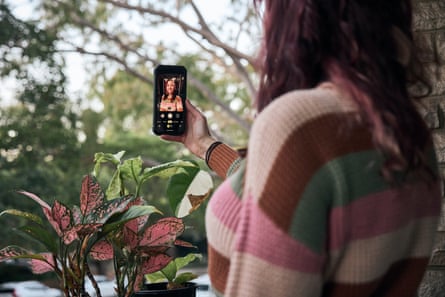
I know that a lot of people had huge body image issues going through high school or were very concerned with trends and appearance – whereas I was just not conscious of that. I still had low self-esteem, which I think any young person will, but it was more through comparison to my peers than anyone online.
I didn’t get a proper phone until I was 20. I think I’m a very different person to what the mould looks like for the people I grew up with. I am able to go without my phone for an extremely long time without worrying about it. I feel less habituated to needing to check notifications all the time, and I hate [the pressure to] respond to people regularly.
But when TikTok came out there were periods where I would be trapped for five hours at a time scrolling. I just get so sucked in because I have no guardrails. It’s like a kid who doesn’t have sugar who gets access to sugar. Maybe these are things that it’s better to be trained to adapt to as you grow up, as opposed to the floodgates opening all in one go.

‘I would wake up and get straight on my phone’
Reinhard Holl, 24, Adelaide
I got an iPhone in year 7. I came to social media a little bit later, maybe midway through high school – it didn’t spark my interest that much at first. Later it became more of a fixation. I would say social media became a little bit of a negative thing in the way that I felt a lot of pressure to be perceived a certain way, put things online and keep up with the way that everybody else was using it in high school. But it also became a good way to interact with people.
The phone definitely affected my sleep. I would wake up and get straight on my phone and mentally reinforce having that immediate stimulus as a normal thing. I think it affected my attention span, too – it was this thing that I was focused on constantly.
If I could go back I wouldn’t have allowed myself to sleep with it in my room. But really, I feel like I got thrown in the deep end and learned how to have a phone that way. I now have a good dynamic with it – I know how to use it in a way that works well for me.

 3 hours ago
3
3 hours ago
3
